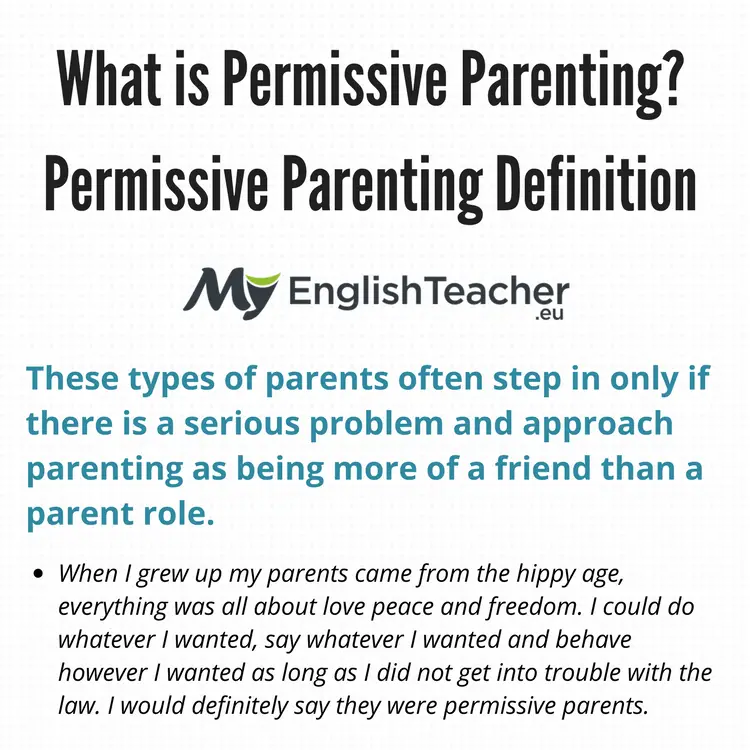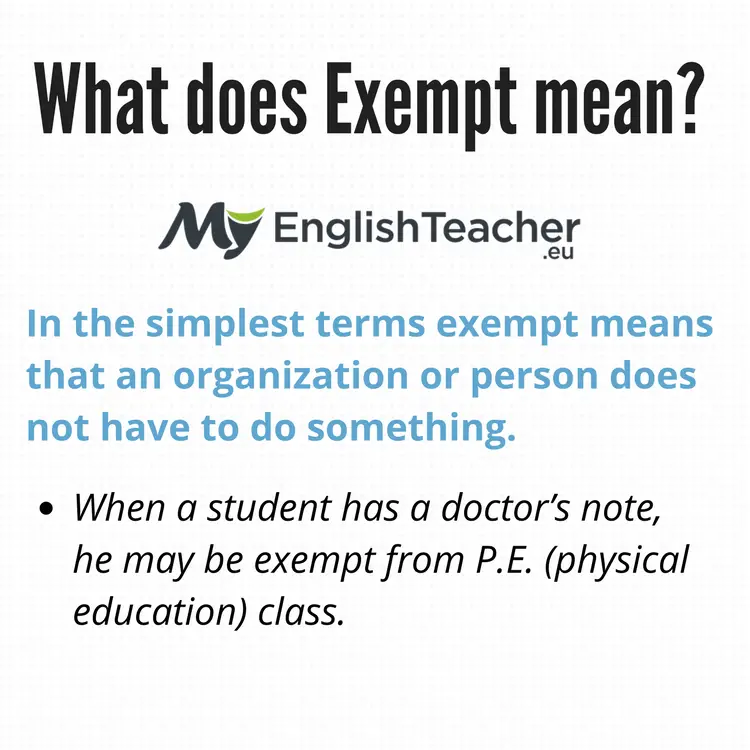In order to have a complete sentence, each sentence must have a subject and a verb. These two parts of speech are the fundamental part of the subject and predicate that make up a sentence. Every sentence has a subject and a predicate, or it is not considered a complete sentence.
What is a Subject?
A subject is the person or thing that is doing an action, or the person or thing that is the focus of the sentence. Most of the time the subject comes at the beginning of a sentence, in which case it is very easy to identify. Take the example below:
- Mary likes to run at the public park.
In this case, the person who is doing the action (liking to run) is Mary. Mary is the subject. This is still the case when you have two nouns. If someone is doing something to someone else, it can get confusing. However, the same principle applies. If the person or thing is the cause of the action, they are the subject:
- My brother throws him the ball.
For this sentence, the person who is throwing is my brother. As a side note, the other nouns are both objects. They have the action done to them. Him is the indirect object, and the ball is the direct object.
Subjects Examples in Command
Sometimes, the subject of the sentence is not as clear. This is especially the case when you have a command like the one below:
- Do your homework!
In this case, the subject of the sentence is not clear. There is no obvious person or thing doing their homework. However, for most commands, the subject is implied, rather than directly mentioned. Most of the time the subject is the implied you. This concept is known as the you understood idea.
Subjects Examples in Passive Voice
The passive voice is present in sentences that passively tell an action. Usually, it has the word by in it, and the person or thing doing the action is at the end of the sentence rather than at the beginning.
This is confusing for several reasons. First, the actor is not always included in the sentence. Second, it is the thing that has been acted upon that is the subject. Take this example:
- The newspaper article was written by the journalist.
In this case, the person who did the action is the journalist. However, because of the structure of the sentence, the newspaper article is the subject. You can identify the subject by asking who or what the verb agrees with.
Or, you can pretend that the actor in the sentence is not written. In that case, the linking verb (am, is, are, was, were, be, being, been) is the action. The first noun is the subject because they do the action of “being” something. Take this example:
- The newspaper article was written.
In this sentence, the person who wrote the article is unclear. We know from context it is likely a journalist, but the sentence itself does not mention anything. In addition, the sentence is not a command. There is no implied “you” in the subject. However, it is a complete sentence. For this type of sentence, the thing or person that is, is the subject.
What is a Predicate?
The predicate of the sentence is the part that contains the action. It is the part of the sentence that is not the subject, and includes all the descriptions of the action and the objects that are affected by the action. Take this example:
- Mary likes to run at the public park.
The question you can ask yourself here is, “What does Mary do”? The answer, likes to run at the public park, is the predicate. Notice that the predicate includes the verb in the sentence (likes) and all the rest of the words that describes what she likes.
When you have multiple nouns, the concept is the same. The entirety of the sentence that excludes the subject is the predicate. If the sentence has objects, either direct or indirect, they are part of the predicate.
- My brother throws him the ball.
In this sentence, throws him the ball is the predicate.
Predicates Examples in Command
In a command sentence, the entirety of the sentence is usually the predicate.
- Do your homework!
For this example, do your homework is the predicate. The subject, the implied you, has no influence on the rest of the sentence.
Predicates Examples in Passive Voice
The same principle that governs how to find the subject of a passive voice sentence applies here. When you understand the meaning of the sentence, the actor can be quite clear. However, that is not usually the subject. Refer again to the sentence below:
- The newspaper article was written by the journalist.
As with the explanation above, the subject is the noun that the verb agrees with. They do the action in the sentence, by “being” something. In this case, the newspaper article was written by the journalist.
The bolded part of the sentence is the predicate. It shows what the newspaper was, and includes the phrases that describe being written (by the journalist).
Simple Subjects and Predicates
When categorizing subjects and predicates, you have two options. They can either be simple or compound. The different is evident when you analyze the subjects or predicates separately.
Simple subjects are subjects that have only one actor. Usually this means the subject does not have the word and. It does not matter what they do, just that there is only one. See the following examples. The words in the parentheses after the sentences are the simple subjects:
- The snowman, friend to all the children, melts in the snow. (the snowman, friend to all the children; even though there seems to be more than one noun, the second phrase acts like an adjective and describes the singular subject, snowman)
- Amber likes to write her own stories and draw her own pictures. (Amber)
- Go to your room! (You)
- The policy was proposed and passed by the Congress of legislators and the president. (the policy)
When the subject does only one thing (or is only one thing), that is a simple predicate. Most of the time, this means that there is only one verb. As a result, simple predicates usually do not have the word and, or only have and as part of a modifying adverb. See the following examples (the predicates are in parentheses):
- The water bottle sat on the table. (sat on the table)
- Gordon and Anna went to the library. (went to the library)
- Finish washing the dishes! (finish washing the dishes)
- The newspapers and websites all were screened by the government’s propaganda department. (were screened by the government’s propaganda department)
Compound Subjects and Predicates
As a contrast to simple subjects and predicates, compound subjects and predicates are those that have either two people or things doing an action, or two actions that are performed. If you can see an “and” in the subject or predicate, that usually means it is compound.
The compound subjects have two or more people and things doing an action. The trick to understand here is that the two or more people does not include nouns that are plural.
For example, a sentence where the parents are taking the children to school does not have a compound subject. There are usually two parents, but grammatically, they are represented by one word. It is the same thing with a phrase like a herd of elephants, which represents lots of animals but grammatically is only one herd.
By contrast, if you have Amy’s and Timmy’s parents, that is a compound subject. Even if Amy and Timmy are siblings, you could break the phrase into Amy’s parents and Timmy’s parents, so that represents two subjects.
- The children’s books and backpacks were stolen while they were at lunch. (children’s book and backpacks)
- The zoo and ice cream store were the favorite destinations of Todd and Sally. (the zoo and ice cream store)
Compound predicates are similar. They need to include two different actions (two verbs) that the subject or subjects do. See the examples below:
- The water bottle had water and sat on the table. (had water and sat on the table)
- Gordon and Anna went to the library and read. (went to the library and read)
- Finish washing the dishes and put them back! (finish washing the dishes and put them back)
- The newspapers and websites all were screened and approved by the government’s propaganda. (were screened and approved by the government’s propaganda)
Subject and Predicate Worksheets
For more practice on identifying subjects and predicates, check the example worksheets below!
http://www.k12reader.com/verbs/Subject_and_Predicate.pdf
https://www.superteacherworksheets.com/subjectpredicate.html
http://www.teach-nology.com/worksheets/language_arts/subpred/
http://printableworksheets.in/?dq=Complete%20Subject%20And%20Predicate
https://www.education.com/worksheet/article/subject-predicate-two-parts-third/
Test Yourself
Do you understand the difference between subjects and predicates, simple and compound? Try your hand at the ten questions below. The answers are included at the bottom of the post.
- Amy and her brother were sick.
- I was told that this would not be a problem.
- There are two kinds of wine available, red and white.
- The teacher and her assistant told the student and his parents that there would be a quiz next class.
- You and your brother go to your room right now!
- Don’t you need to pay for that first?
- Kevin talked to his teacher and thanked her for her help.
- I like potatoes.
- Brian was escorted out of the hospital with his parents.
- Brian and his siblings were escorted out of the hospital.
Check below for the answers!
Answers to Test Yourself
- Amy and her brother were sick.
Subject: compound (Amy and her brother)
Predicate: simple (were sick)
- I was told that this would not be a problem.
Subject: simple (I)
Predicate: simple (was told that this would not be a problem)
- There are two kinds of wine available, red and white.
Subject: simple (two kinds of wine)
Predicate: simple (available)
- The teacher and her assistant told the student and his parents that there would be a quiz next class.
Subject: compound (the teacher and her assistant)
Predicate: simple (told the student and his parents that there would be a quiz next class). In this case, the student and his parents are both objects of the verb told.
- You and your brother go to your room right now!
Subject: compound (you and your brother). This is a command, but it clearly is addressing more than one person. That makes it a compound subject.
Predicate: simple (go to your room right now)
- Don’t you need to pay for that first?
With this and any other question, the easiest way to identify the sentence parts is to rearrange the words. Make the sentence more like a statement. In this case, You don’t need to pay for that first.
Subject: simple (you)
Predicate: simple (don’t need to pay for that first)
- Kevin talked to his teacher and thanked her for her help.
Subject: simple (Kevin)
Predicate: compound (talked to his teacher and thanked her for her help). The verbs are split in this sentence, but there are still two actions that Kevin did.
- I like potatoes.
Subject: simple (I)
Predicate: simple (like potatoes)
- Brian was escorted out of the hospital with his parents.
Subject: simple (Brian). Even though Brian was with his parents, the word with makes the phrase with his parents a prepositional phrase, not part of the subject.
Predicate: simple (was escorted out of the hospital with his parents)
- Brian and his siblings were escorted out of the hospital.
Subject: compound (Brian and his siblings)
Predicate: simple (were escorted out of the hospital)
More for you:
12 (All) English Tenses with Examples
FANBOYS: 7 Coordinating Conjunctions with Examples …
The post Subject and Predicate. Simple Subject and Predicate, Examples & Worksheets appeared first on MyEnglishTeacher.eu Blog.



















